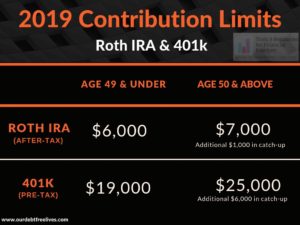If you look around for the wealthy and super rich individuals and families across the country, you will find that majority of them have amassed huge wealth not from their jobs or businesses but from real estate investing. It is a method of creating asset and wealth that is not only safe and reliable but also easy if you know what to do and which mistakes to avoid. Our Excel Mortgage Calculator can help you determine your monthly payments and required down payment. Here is a guide on real estate investing for beginners.
How To Invest In Real Estate
There are many ways to invest in real estate. But to be successful in this field, it is necessary to study the local housing market and the factors that affect the profitability of a real estate project.
Two of the most popular ways to invest in real estate are residential real estate and commercial real estate. Single family homes, town-homes, and condos come in the category of residential real estate. You can buy and resell these properties to book a profit later. You can also purchase residential property to earn rental income from it.
Commercial real estate consists of condo buildings and multifamily apartments as well as shops and offices that are mainly intended for business purposes. You can buy such properties to either rent them out or lease out to your tenants. Any residential property containing more than 4 units is referred to as commercial real estate. This distinction is made by lenders who have different criterion for borrowers applying for a loan to buy these properties.
No matter which type of property you buy, you can benefit monetarily from it in different ways.
- Income through renting
- Income from appreciation in value
- Depreciation benefits when filing tax returns
- Benefits from deductions provided by government in interest repayment
You can choose from these different ways to invest in real estate. Different people have different skills and they choose the method of real estate investing according to their financial goals and their abilities. If you have small capital to begin with, you can even earn money by taking good deals to investors. This is referred to as wholesaling and you need to identify distressed properties available at less than their market value to earn commission for these deals.
If you are good at rehabbing, you can earn good money by buying a home, fixing it, and selling it later to book your profit. If you have enough money to put forward as down payment, multifamily apartment buildings might be a good idea for you.






